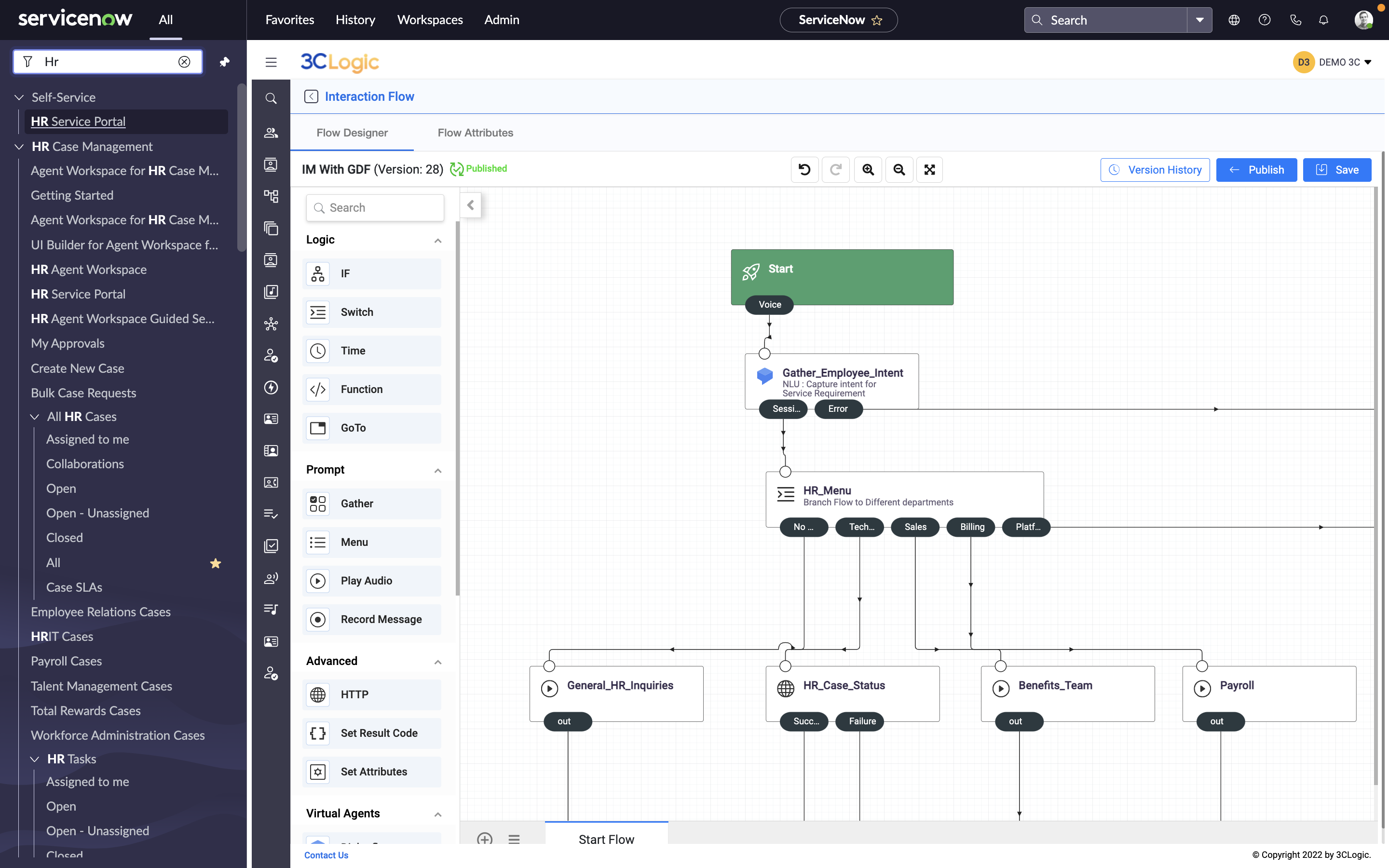A while back, I wrote a post about four words that the tech industry totally stole. Now that I think about it, there are tons of words that different industries repurpose as industry jargon.
Working as a writer in the tech industry, it used to bother me that this deviant vocabulary was being developed, but I came to see it as a plus. You build on the connotations of the original word and use that to increase acceptance or understanding of a concept when that word is used in an alternate context. Cool, right?
Maybe not for customers who aren’t so tech-savvy, who might be forced to navigate through bizarre industry-specific terminology in order to understand what a software product or service does.
This time, I’m approaching misuse of words in technology for the telecommunications industry. Here are five more words that they totally stole.
Leverage
lev·er·age
Noun
1. The exertion of force by means of a lever or an object used in the manner of a lever.
Verb
2. Use borrowed capital for (an investment), expecting the profits made to be greater than the interest payable.
So, leverage already has another alternate meaning, although this one was propagated by the financial and banking industries. It’s the use of weight through a mechanism to exert force upon another object. Although for banking, weight is the financial weight of borrowed funding to get enough force to exert great profit from an investment.
When it comes to using leverage in the tech industry, it is (mis)-used more often as a synonym of or euphemism for "reuse." For instance a server that has been leveraged to create a redundant software system or network is a server that has been reused for the purpose of back-up in order to make a system disaster-proof. Tech companies like to use leverage to indicate that they have the upper hand or an advanced tool at their disposal.
Disposition
dis·po·si·tion
Noun
- A person's inherent qualities of mind and character.
- An inclination or tendency.
Disposition is traditionally used to indicate the quality of a person’s attitude or character. Like, in the case of a teenager who’s moody all the time and listens to rock songs by other people who are moody and full of angst all the time. One might consider that individual to be of a poor disposition.
When it comes to technology and telecom; however, it is used to indicate the status of a call or an agent in a contact center. With contact center software, the disposition is a method of organizing calls by status, in order to determine what the best next step would be. A call disposition could include options such as busy, connect, rescheduled, or transferred.
The disposition of an agent isn’t their mood when they’re on the phone with a customer. Instead, it’s their status when logged into the system, or clocked in for the day; busy, available, or away.
(Call) Parking
park·ing (present participle of park)
Verb-
Bring (a vehicle that one is driving) to a halt and leave it temporarily, typically in a parking lot or by the side of the road.
-
Deposit and leave in a convenient place until required: "park your bag by the door".
Parking. That’s what you do with your car or alternate motorized vehicle, right? Nope. Wrong again, according to the tech industry. When it comes to contact center and voice technology, parking has nothing to do with physically leaving a vehicle in a designated space while its movements are disabled with a brake system.
Actually, call parking is part of a function used for inbound contact centers. If the system receives a high volume of calls, rather than “replying” to the incoming caller with a busy signal, the system places them in a queue (or waiting list) with other callers until a contact center agent becomes available to speak to them.
Call parking specifically allows an agent to put a call on hold at one telephone set and continue the conversation from any other telephone set. It’s somewhat like transferring the call, except for that it uses the call queue to alert all agents with access to the queue, rather than directly transferring the call to another agent.
Campaign
cam·pane
Noun
- A series of military operations intended to achieve a particular objective, confined to a particular area, or involving a specified type...: "a desert campaign"
Verb
- Work in an organized and active way toward a particular goal, typically a political or social one.
A campaign tends to have a very political or military connotation, so it conveys a very aggressive approach to working to achieve a particular objective or goal. This aggressive approach is a good thing when it comes to the more technical definition of campaign, because it inspires efficiency and productivity in meeting a different sort of goal.
With voice technology, a campaign tends to refer to an objective that will be achieved through use of a contact center to call customers, etc. A call campaign could be informing all existing customers of a new product update, or sending out a promotional offer to a list of potential customers. So, the objective of a call campaign is to reach all of the numbers on that list as quickly and effectively as possible, which can be most easily achieved with a power or predictive dialer with scalable call ratios.
Scrubbing
Scrub·ing (present participle of scrub)
Verb
|
Rub-a-dub-dub. Scrubbing usually has to do with getting clean whether it’s the dirt on your knees or the bird droppings caked onto the hood of your car. Scrubbing in telecom is something totally different.
DNC scrubbing refers to the ability of a contact center software to check the list of numbers in the database of the contact center and detect which of those numbers are part of the national Do Not Call (DNC) list. Contact centers find it helpful because it keeps contact center agents from engaging with customers who are unhappy at the intrusion, and saves the agents from having to manually check their numbers to call against the list.
To Conclude
Tech companies should make an effort to use simpler, more explanatory language in any content that is available for potential customers. You want to make it as easy as possible to educate them on your product or service. The marketing team here at 3CLogic has tried to make a difference between jargon-heavy technical demo videos and education in our tech-lite Whiteboard videos:
Save the insider terminology for the developers in your white papers and user guides.
There’s nothing wrong with wanting to sound like you’re in the know with your web and print content, because it certainly does pay off to assert your expertise in your field. Just be sure to keep your audience in mind when using industry-specific language. You want to make sure that you are engaging them whether they are coming to you with literate knowledge of the technology or not.
How about you? I’d love to hear what terms you have come across in your industry that get your goat with their wrongful meaning.



